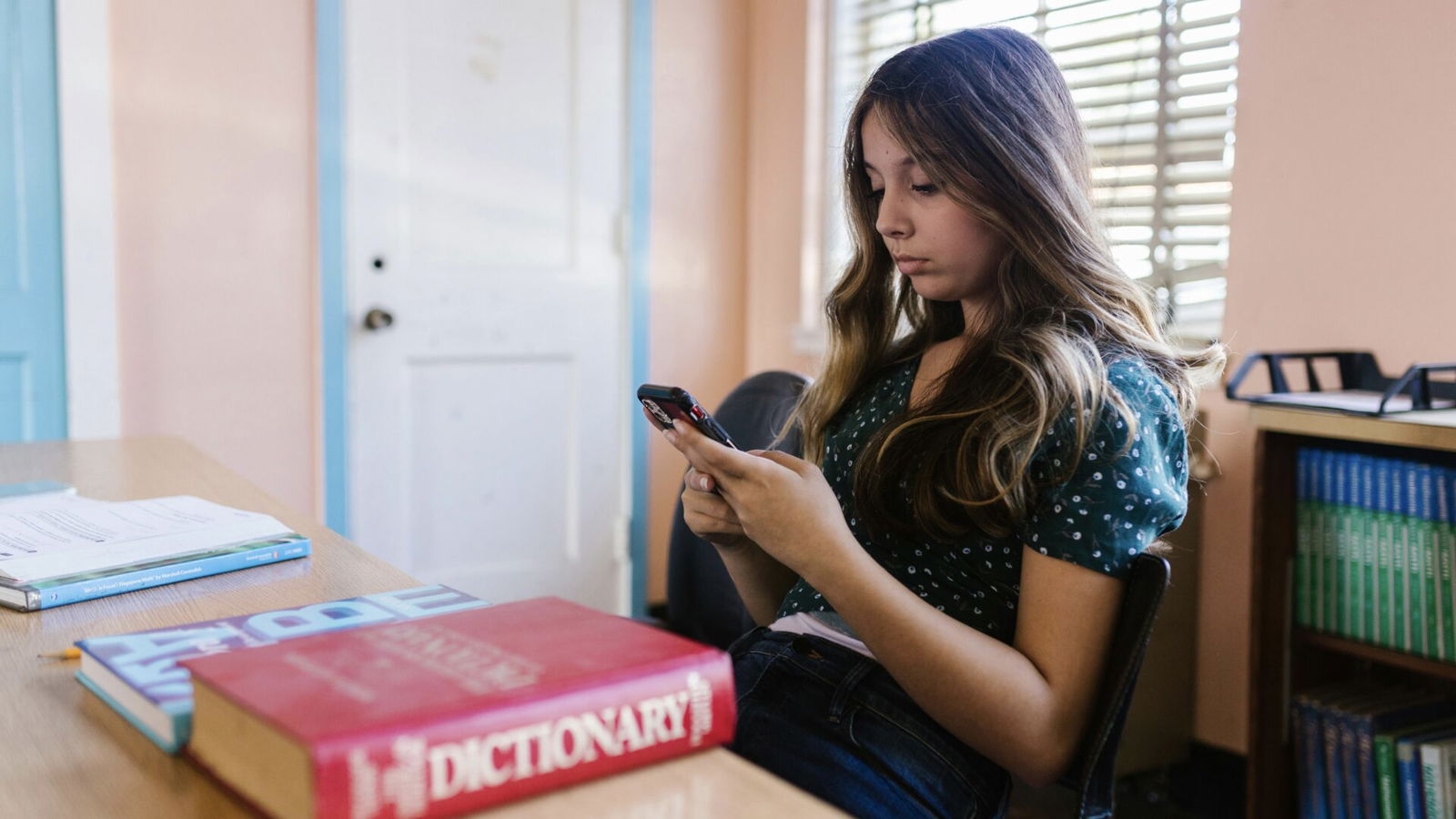
By Gavin Boyle
Children who engaged in higher levels of screen time are more likely to perform worse on their standardized tests, a 15 year study examining the topic found.
“Screen time is a part of everyday life for most families, and high levels of exposures, particularly to TV and digital media, may have a measurable impact on children’s academic outcomes,” said Dr. Catherine Birken, an author on the study. “This underscores the importance of developing early interventions for young children and their families that promote healthy screen habits.”
The study, which was conducted using data from school children living in Ontario, found that for every extra hour of screen time over an age group’s average, children were roughly 10% less likely to achieve a higher academic level on their testing.
Related: Adolescence Screen Time Spikes Risk of This Mental Health Disorder
“We’ve known for a while that excessive screen time was linked to emotional and behavioral issues among kids and teens, and now research is also finding that there are links to attention deficits and learning issues,” Jean Twenge, the author of 10 Rules for Raising Kids in a High-Tech World, said in response to the study results. “When kids are spending more time on screens, they are usually spending less time playing, reading and interacting face-to-face, which can negatively impact their learning and knowledge. Electronic devices can also interfere with sleep, and kids who don’t get enough quality sleep won’t learn as much the next day.”
This study adds to an abundance of research which has emerged in recent years to reveal the negative impacts of high screen time on children and teens of all ages. For younger kids, the problems largely come down to much less play time, which leads to slower brain development.
“Kids need to run around, have adventures,” said leading psychologist Jonathan Haidt. “They need to master their bodies, they need to be outside, they need sunlight, they need nature. They need a lot of things to grow up healthy.”
He encourages parents to allow their kids to act like kids, rather than pacifying them with technology and restricting what they can do. Haidt also urges parents to educate themselves on the impact technology has on kids before deciding whether to allow them to have free access to devices or not.
“Imagine there was suddenly a toy introduced which would cause children to get less sleep, less exercise, spend less time with other children. It would make them incredibly self-conscious, and it would lower their self-esteem and cause depression and anxiety. That would be horrible, right?” Haidt said. “We’ve seen the loss of the play-based childhood, which kids have always had, in favor of a phone-based childhood.”
Studies like this are incredibly important as they provide real evidence for the negative impact technology has on young minds. While legislation protecting developing minds from technology still seems to be a long way off, parents should at least know just how much havoc screen time wreaks on young brains so they can project their children from these negative side effects and help them grow up to be healthy, productive adults.
Read Next: 5 Tips to Help Your Child Manage Their Screen Time
Questions or comments? Please write to us here.


 - Content:
- Content: 

 – Content:
– Content: 